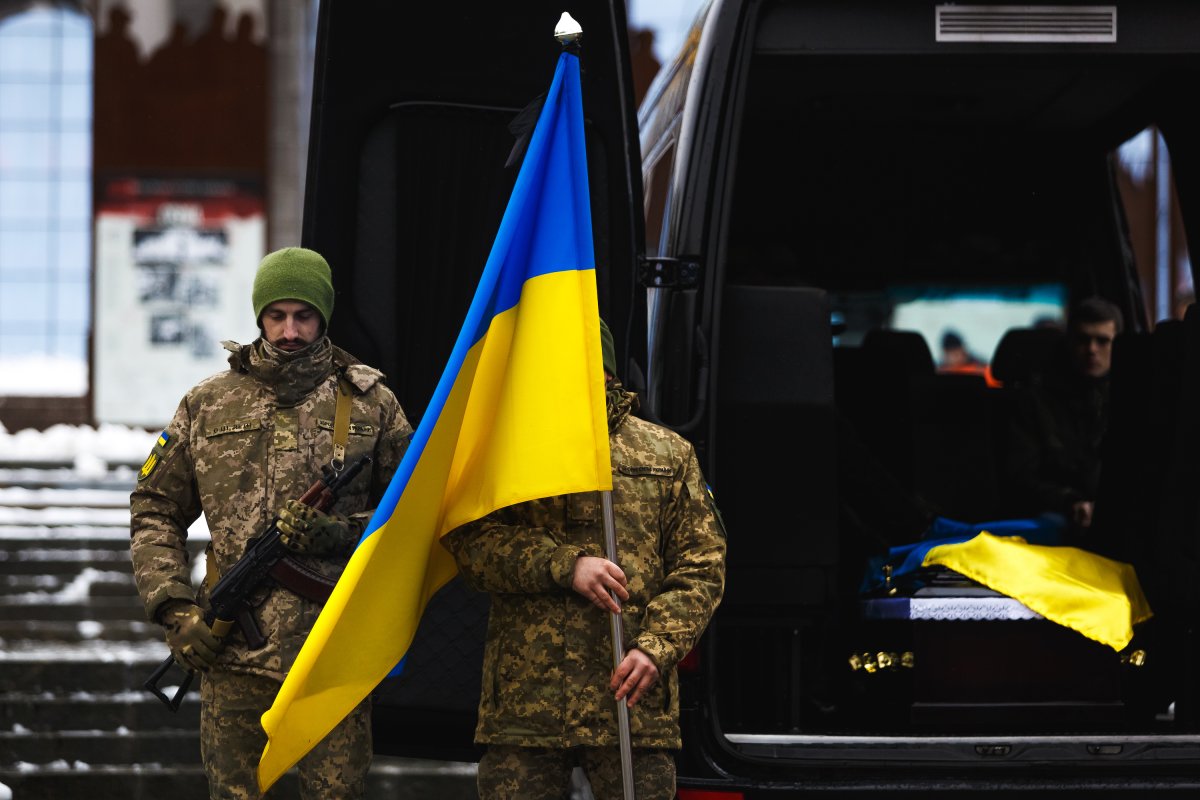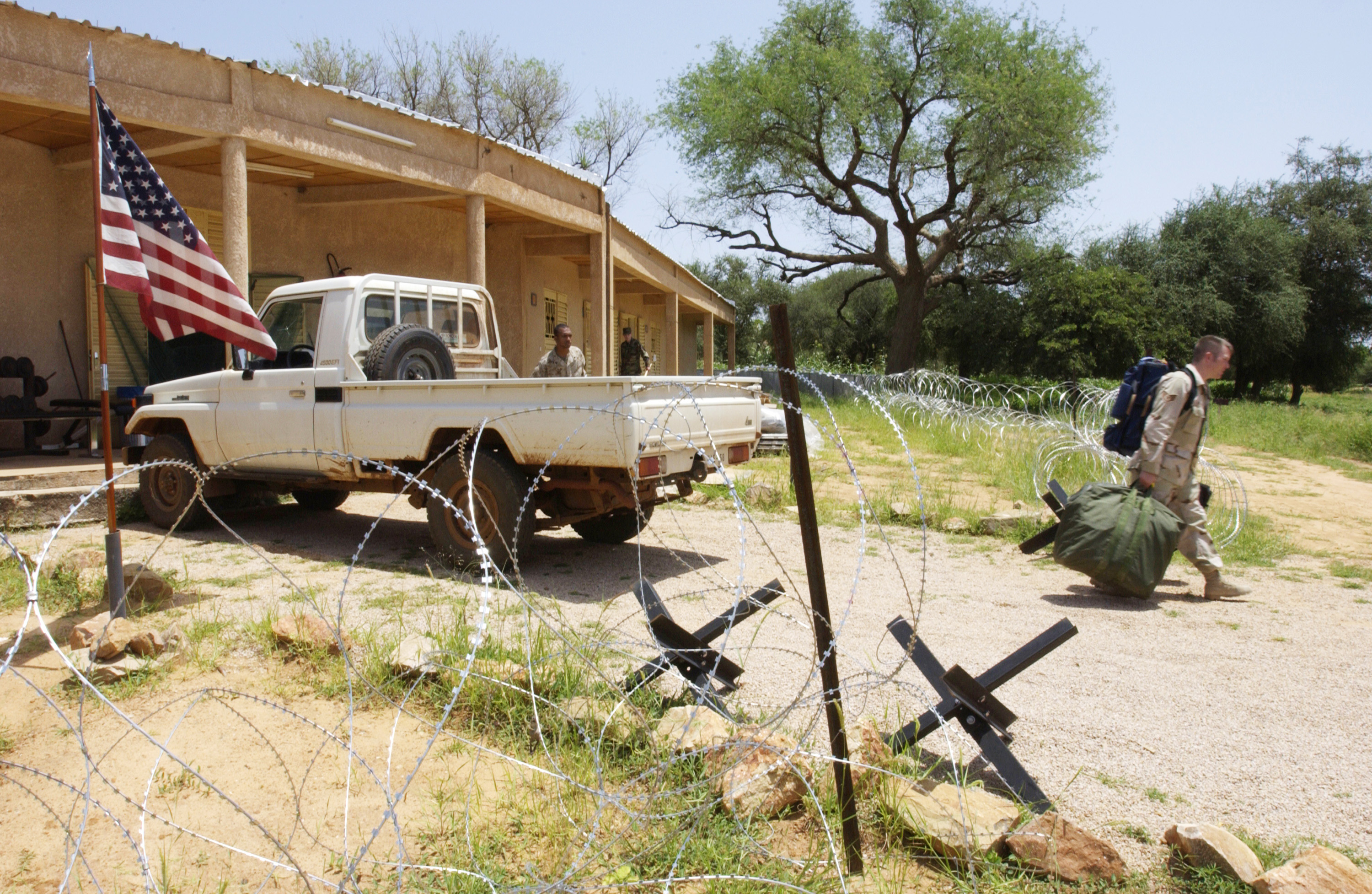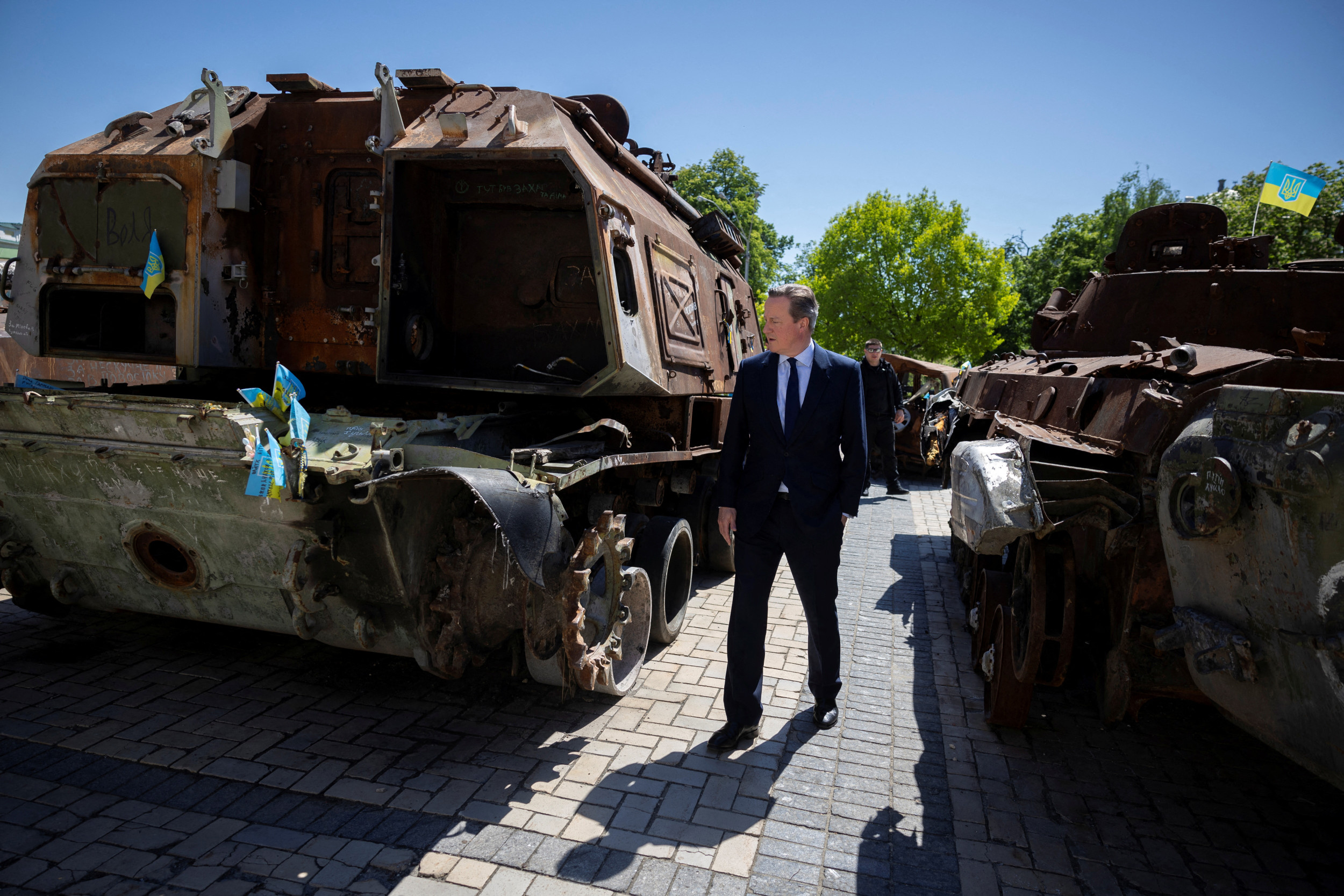Recently, we were shocked to learn about the death of Ukrainian fighter Yuriy Glodan. He was an ordinary resident of Odesa, but everyone in our country perceived his death as a personal tragedy. In April 2022, a Russian missile hit a high-rise building in Odesa. Eight people were killed. Yuriy's three-month-old daughter, his wife, and his mother-in-law were among the victims of Russia's attack. Yuriy himself miraculously survived—he had gone to the store to buy diapers for his child. After the tragedy, he joined the Defense Forces of Ukraine because he did not want Russians to kill any more Ukrainian children. And he died in battle.
This tragic story is one of many in Ukraine. Unfortunately, Russia continues killing entire families, destroying high-rise buildings, wiping out villages, towns, and cities: Volnovakha, Bakhmut, Mariinka, and Severodonetsk.
It is absolutely natural to want "bad guys" to be punished, and "good guys" to win and live long, peaceful lives. However, we are not living in a movie. This war proves that this principle does not always work. Punishment does not always correspond to the crime committed. We are facing a violation of one of the most crucial attributes of democracy—the rule of law. For societies to be successful and life to be safe, rules must be followed and there should be adequate punishment for their violation.
The problem of responsibility for crimes is something that we Ukrainians have been thinking about for almost two years of full-scale war. We also wonder why politicians and leaders of democratic countries do not use all available means to punish the aggressor.
This issue is not new, and Russia is a vivid proof of the fact that unpunished evil returns with even greater evil. An insufficient global response for the invasion of Georgia in 2008 emboldened the Kremlin to occupy Crimea and territories in Eastern Ukraine in 2014. But even then, the punishment for the Russian Federation was not enough, and on February 24, 2022, we all were caught off guard by the full-scale invasion of Ukraine.
Today, an unprecedented number of economic restrictions has been imposed on Russia. The EU is preparing its 12th package of sanctions. But the issue is that these restrictions were implemented slowly, giving the aggressor time to adapt to the challenges and find ways to circumvent sanctions. Russia has established "parallel import"—the smuggling of prohibited goods. It receives dual-use goods and materials necessary for the manufacture of missiles—those rockets that hit Ukrainian cities, kill our people, and plunge Ukrainians into cold and darkness—through third countries and intermediary companies.
This mechanism of personal sanctions is effective against those who approved and committed crimes but whom Russia will never hand over to world justice. Before the invasion, it was used mainly against specific officials and oligarchs. At home, these Russian elites are outraged by the "vile West, which wants to take over the Russian Federation" while their children are studying in London, their wives are hanging out in Courchevel, and their mistress goes shopping in New York or Milan. This is how Russian oligarchs show they "love" their homeland.
Let's be honest: it is increasingly difficult for Ukraine to cope with the challenges of the war, support the army and the economy, and find the money for reconstruction. According to the latest calculations by the UN and the World Bank, the government of Ukraine needs more than $400 billion for reconstruction.

And these funds are available. After February 24, the main partners of Ukraine (the U.S., Australia, Canada, France, Germany, Italy, Japan, the United Kingdom, and the European Commission) confiscated approximately $300 billion in assets of the Russian central bank. Most of this money—more than $200 billion—is frozen in European countries. The total amount of frozen Russian assets (both sovereign and private), according to the Ukrainian government, is $500 billion.
At the moment, support for Ukraine from the EU has reached more than $92 billion. These are the funds of European taxpayers. The frozen Russian assets are five times that amount. We do not understand why the process of confiscation of Russian assets is taking so long, and why there is still no clear political decision regarding the transfer of those funds to Ukraine.
Since the invasion, as a Ukrainian parliamentarian, I have met with our partners in more than 30 countries around the world. And these countries have their problems: increases in the cost of living, depleted energy resources, and many other issues provoked by Russia's war. Even if Russian missiles don't fall on your homes, you won't be able to distance yourself from this war—it affects everyone on the planet, albeit indirectly.
Therefore, the confiscation of Russian assets in favor of Ukraine would be a logical and fair move. After all, these funds can be used not only for the reconstruction of our war-damaged country but also for compensating the budgets of those countries that have been helping Ukraine.
Fortunately, the confiscation process is underway, and there has been progress over the last year and a half. But this progress will be sufficient only when the first dollar is transferred to Ukraine. Because when the world press comes out with the headline "Russia started paying for the war damage from its own funds," it will be the breakthrough that everyone has been seeking.
And not only Ukrainians but also citizens of other countries are waiting for this breakthrough, especially before various countries hold elections in 2024. During the political campaigns, the voices of populists will sound louder and louder. And effective points are needed to silence them. The only answer here is the political will to channel the aggressor's own confiscated assets to Ukraine.
Financial punishment is an effective way to show the "bad guys" that justice will be served. Moreover, it would signal to other "bad guys" that starting wars against other independent sovereign countries is always a terrible idea.
Kira Rudik is a member of the Ukrainian Parliament and leader of the Golos Party.
The views expressed in this article are the writer's own.
Uncommon Knowledge
Newsweek is committed to challenging conventional wisdom and finding connections in the search for common ground.
Newsweek is committed to challenging conventional wisdom and finding connections in the search for common ground.
About the writer
To read how Newsweek uses AI as a newsroom tool, Click here.








